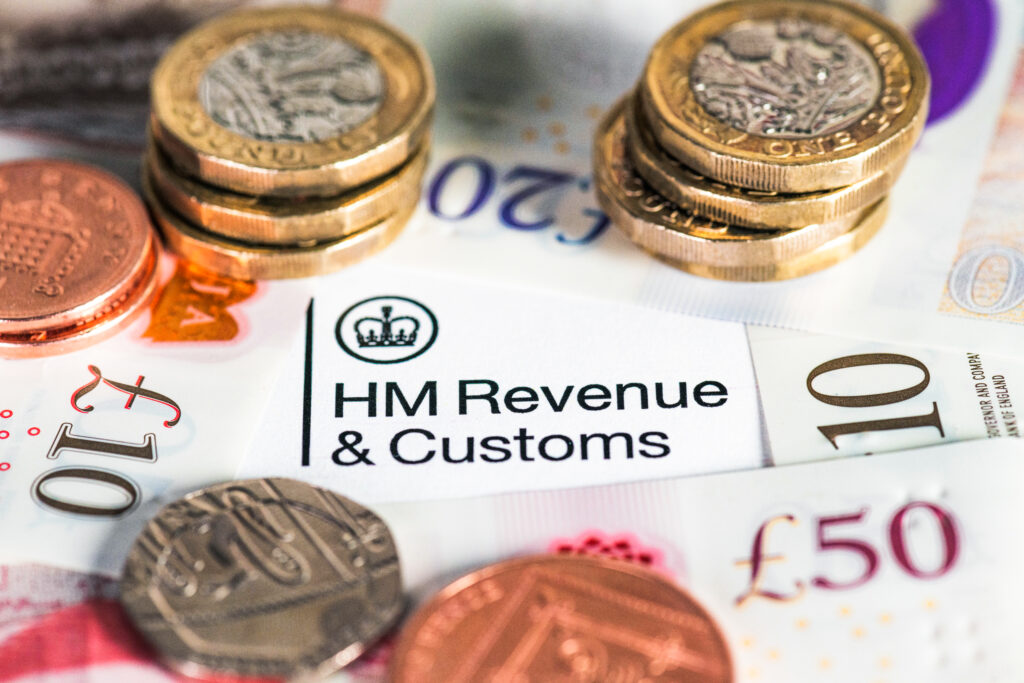When running a limited company in the UK, hiring an accountant often becomes necessary. The complexities of running and managing a limited company can be overwhelming. The day-to-day management of the limited company can distract you from your core business activities.
To run and manage a limited company efficiently and without compromising on compliance, it is advised to seek professional help. In this case, a limited company accountant.
Hiring an accountant means additional costs to the business, so the first thing that comes to mind is how much fees a limited company accountant will charge, and this is a very valid question. In this article, we will discuss in detail how much fees a limited company accountant charges, and what you should look for when appointing an accountant.
What does a Limited Company Accountant do?
Before discussing the fees, let us first try to understand a bit about the roles and responsibilities of a limited company accountant. There’s a lot that goes into running a limited company, mainly it has to do with financial management and compliance, and here, a limited company accountant plays a crucial role.
1. Financial Record Management: Bookkeeping, Accounts Reconciliation & Maintaining Ledgers
2. Preparing and Filing Annual Accounts: Preparing Financial Statements, Compliance & Submission to Companies House
3. Corporation Tax: Tax Calculation, Filing the Tax Return (CT600) & Advising on Tax Efficiency
4. VAT Management: VAT registration, Filing VAT returns & Advising on VAT schemes
5. Payroll Services: Processing Payroll, RTI Submissions, Issuing Payslips & Managing Auto-Enrolment Pensions
6. Management Accounts: Monthly or Quarterly Reports, Financial Analysis & Budgeting and Forecasting
7. Business Advisory Services: Financial & Tax Planning, Growth Strategy & Compliance Advice
8. Handling HMRC investigations: Representing you, when needed, Document preparation & Negotiations
Above are the roles and responsibilities that we have outlined in bullet points. We have a detailed article on our site discussing the roles and responsibilities of a limited company accountant. Your accountant might not be providing you with all the above services. The services provided depend on the package or services you have chosen.
How is the accountancy fee determined?
1. Size and Complexity of Business: For small businesses with minimal transactions, accounting needs are typically straightforward and less costly, as the financial activities are simpler to manage. In contrast, larger companies with complex financial transactions, multiple employees, and higher turnover demand more comprehensive and detailed accounting services, which results in higher fees.
2. Scope of Services: If you just need basic compliance services which include preparing and filing annual accounts, Corporation Tax (CT), and VAT returns, fees would be generally lower.
However, if you need full-service accountancy, which includes payroll management, bookkeeping, management accounts, and strategic financial advice, fees would be on the higher side.
3. Experience and Reputation: Accountants with years of experience and a solid reputation tend to charge higher fees when compared to newer and smaller firms that offer competitive rates to attract clients. This doesn’t mean that newer and smaller firms would compromise on quality.
4. Location: Where the accountants are based also plays a role in how much fees they charge. For example, Accountants who are based in London or any other major city may charge higher to cover their operational costs. At the same time, accountants based out of major cities may offer competitive rates.
How much fees does an accountant charge?
- Annual Accounts and Corporation Tax Return:
- Small Companies: £500 – £1,500 per year.
- Medium-sized Companies: £1,500 – £5,000 per year.
- Bookkeeping
- Hourly Rate: £20 – £50 per hour.
- Monthly Retainer: £100 – £400 per month, depending on the volume of transactions.
- Payroll Services
- Per Payslip: £5 – £10 per payslip.
- Monthly Payroll Management: £20 – £100 per month.
- VAT Returns
- Quarterly Filing: £100 – £300 per quarter.
- Management Accounts
- Monthly Reports: £100 – £500 per month, depending on the complexity.
- Ad-hoc Consultancy and Advisory
- Hourly Rate: £50 – £200 per hour, depending on the accountant’s expertise.
How to choose the right accountant?
When selecting an accountant for your limited company, consider the following:
- Qualifications and Experience: Look for accountants who are members of recognised professional bodies such as ACCA, ICAEW, or CIMA.
- Industry Specialisation: Some accountants specialise in specific industries, which can be beneficial if your business operates in a niche market.
- Communication and Support: Ensure the accountant is approachable and offers clear, timely communication. Regular updates and proactive advice are valuable for your business growth.
- Technology and Software: Accountants who use modern accounting software can provide more efficient services and offer better insights into your business’s financial health.
Tips for reducing accounting costs
There are ways through which you can reduce your accounting costs, here are a few tips:
- Reduce the workload: If you can do basic bookkeeping, invoicing, and expense tracking by yourself, this can reduce accountant’s workload, thereby reducing their fee.
- Use Accounting Software: Accounting tools like Xero, FreeAgent, or Quickbooks can simplify the process and reduce the time your accountant needs to spend on your accounts.
- Fee Negotiation: Ask for a discount, and negotiate fees with your potential accountant. Some accountants offer discounts if you pay their fees annually instead of monthly.
To conclude, fees charged by your accountant depend on the size of your business, turnover, scope of services, the complexities involved in managing your limited company, and how experienced is the Accountant. Choosing the right accountant can offer you peace of mind knowing that your finances are in capable hands, allowing you to focus on your business.
Remember, investing in a good accountant is not just about compliance—it’s about gaining a trusted advisor who can help your business thrive.





